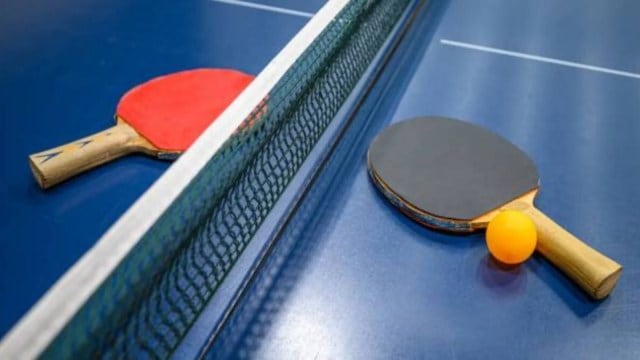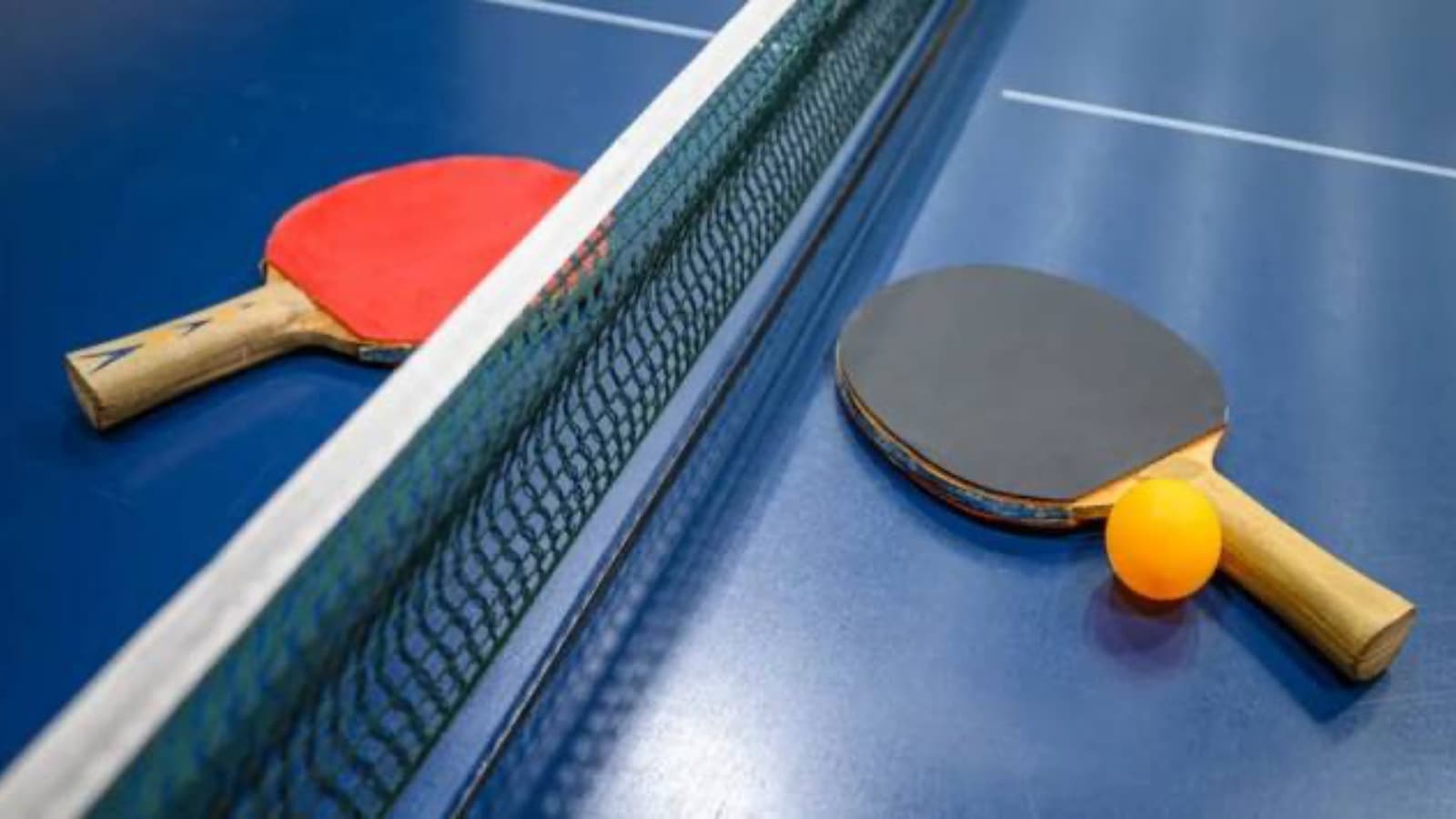
It is a story that I have been wanting to tell for at least the last 35 years, and with a modicum of humility I might add. The humility is justifiable. An apocryphal quote, sometimes attributed to Winston Churchill, is a good beginning. It is said someone once remarked that Clement Attlee, one-time Prime Minister of Great Britain, was a modest man, to which Churchill is reported to have retorted, he had much to be modest about. My achievements in table tennis (TT) have been modest and I have understandably been diffident. The reason for being jolted out of this self-induced reticence is due to an insightful article (‘Why did Archana choose academics over TT? Because she could’, IE, August 27)
There is much to agree with the article based on my experience. But there is some disagreement as well. I begin with the latter, but before that, let me state why I might be considered qualified to react to the article in question. I spent a good part of my five years in Delhi University while pursuing a Bachelor’s and Master’s in Economics on the TT table rather than in class. The days were spent playing tournaments or attending coaching stints at the National Institute of Sports in Patiala. I played two national finals, won a few national tournaments and represented the country in the Asian championships, the Commonwealth games, among others. I was also ranked the number one player in the country for a very brief period.
The year was 1987 and India was getting ready to host the world TT championship at the Indira Gandhi Indoor Stadium in Delhi, built specially for the event. Sports lovers in Calcutta might remember that the Netaji Indoor Stadium was also constructed for the 1975 world championships held there. Table tennis, many of my colleagues will fondly recall, received generous column space in newspapers at the time before the cricket bug hit the sporting world. R Mohan, R Sriman, S Raju, V Srivastava and V Santhanam are some of the reporters I affectionately recall who covered the events.
I competed in the national tournament circuit in the run-up to the 1987 world championship and finished the year as the number three player in the country. To my shock and horror, I was not selected to play the world championships in Delhi, my home at that time, perhaps because some felt that having finished a Master’s degree while donning spectacles for myopia, I would unnecessarily consume a slot that could be given to a young and promising player who prioritised TT over academics. I was all of 24. The pursuit of a Master’s degree had signalled that TT was my hobby. Nothing could be further from the truth, but it was a convenient excuse. I was devastated and immediately retired from the sport. Indian newspapers on February 9, 1987, without exception, including this one, carried the story of my quitting, some as the lead on the sports page. It was big news, especially since there was only one page devoted to sport in those days.
Thirty-five years on, I am truly and humbly grateful that I was dropped from the Indian team and forced to choose an alternative career. I went to do a PhD in Economics and have been engaged in teaching and research following that red letter day in 1987. I made the choice not because I could, but because I was forced to. There have been others, too.
The article in The Indian Express offers valuable insights. If you have to make a choice between academics and sport in India and if the prospects of your sports ambition are challenged either by the competition or by the ecosystem, then chances are you will opt for a switch to academics. Olympian Archana Kamath quit TT because she could exercise an option, but there are several who cannot and are left to the mercy of the sport and the insidious system that governs it. The national sport federations that are not in the limelight, like cricket or badminton, continue to be run as personal fiefdoms of their leaders, even after their term is over. The courts have had to intervene through a Committee of Administrators (CoA) mandated to clean up. But the culture of sporting federations is such that the system returns to business as usual once the CoA demits office.
The article also presents evidence that medal winners in Indian sport are largely under-educated. Sports demands full-time attention; talent or inspiration is only one percent of the story. Even after 99 per cent perspiration, the outcome is not guaranteed. Those who can, therefore, choose alternative careers. The US, which has dominated the Olympics in several sports, has a well-oiled sporting culture in universities from where players go on to represent and win medals for the country. I remember my PhD advisor in the US, himself a sport enthusiast, telling me that he preferred to watch university games rather than other sporting events in the US, because the intensity of rivalries and the attendant competition was a heady mix. The National Collegiate Athletic Association (NCAA) that organises college sports events in the US is a happy hunting ground that routinely produces world champions. In India, who can forget the legendary St Stephen’s versus Hindu cricket matches that produced rivalry of legendary proportions and many distinguished Indian cricketers to boot. The Rohinton Baria trophy for university cricket was coveted and would be the envy of the Khelo India system that has more or less replaced university level contests. I’m not sure which one is better, but Khelo India has taken over the task of reviving sport in India at all levels. Let’s hope it doesn’t ignore investing in a back-up for players who can’t or don’t make it.
Kathuria is dean, School of Humanities and Social Sciences and professor of Economics at Shiv Nadar University. He represented India in TT and has been a national selector. Views are personal



